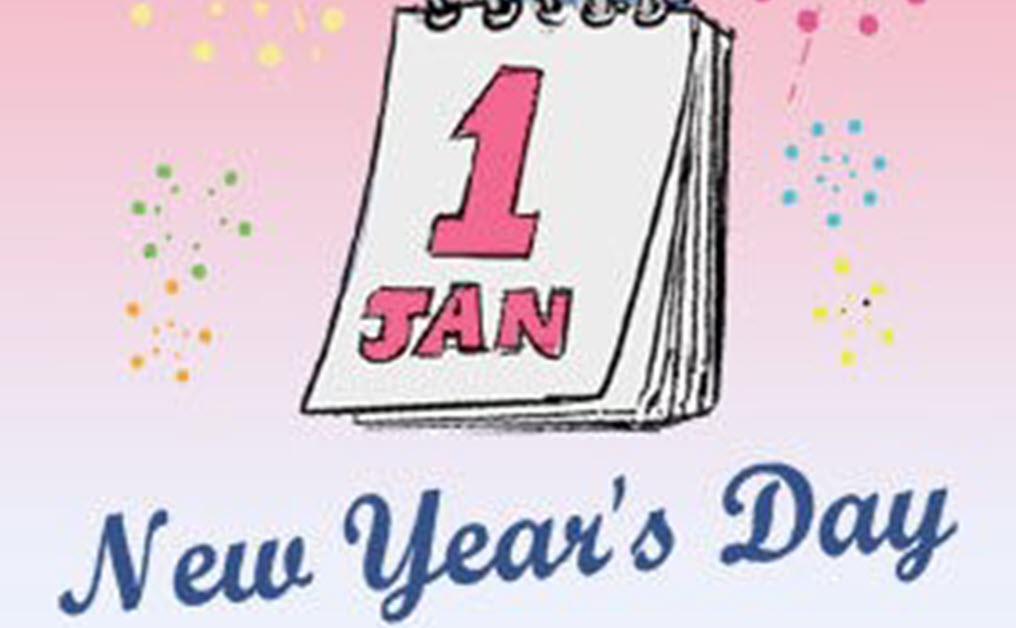(单词翻译:单击)
January 1st seems kind of arbitrary, doesn't it?
新年定在1月1日似乎有些随意,不是吗?
But there are reasons we start our year on this day -- the moon and politics.
但我们从这一天开始新的一年是有原因的,比如月亮和政治。
We'll start with the moon. The ancient Romans timed their month by lunar cycles, with 10 cycles equaling a year.
先说月亮。古罗马人根据月亮的周期来计算月,10个周期等于一年。
March 1st became New Year's Day, marking both the start of spring and the day government took office.
于是3月1日就成了新年第一天,这一天既是春天的开端,也是政府就职的日子。
However, there are closer to 12 lunar cycles in a year, so two months were added -- January and February.
但是,一年有将近12个月亮周期,于是后来又加上了两个月--1月和2月。
January is named for the Roman God of Beginnings, while March is named for the God of War.
1月是以罗马的开端之神命名的,而3月是以战神命名。
When the peaceful Roman King Numa revised the calendar,
热爱和平的努玛国王修订日历时,
he shifted the start of the year to January 1st to better match his political leanings.
将一年的开端修改至1月1日以更好地匹配他的政治倾向。
Hundreds of years later Julius Caesar made changes to the calendar, creating the Julian Calendar.
数百年后,凯撒大帝对日历做出了修改,于是便创造了儒略历。
He kept New Year's Day on January 1st.
他将新年这一天保留在了1月1日。

But following the fall of the Roman Empire,
但随着罗马帝国的灭亡,
communities made changes to better reflect their holidays, including moving the beginning of the year back to March.
为更好的反应他们的节日,各群体又对日历做出修改,包括将一年的开端变回至3月。
The Julian Calendar wasn't perfect and by the 1500s the first day of spring had moved from March 21st to the 11th,
儒略历并不完美,到了16世纪,春天的第一天从3月21日移到了11日,
making it harder for the Catholic Church to figure out when Easter began.
这使得天主教会更加难搞清楚复活节开始的时间。
So the church made more changes, creating the Gregorian Calendar you used today.
于是教会又对日历做出更多的改变,我们如今所使用的格里高利历(即公历)就诞生了。
Influenced by the traditional Julian Calendar, they placed the start of the year firmly on January 1st.
受传统儒略历影响,他们将一年的开端固定在了1月1日。
It took centuries for people around the world to switch to the Gregorian Calendar.
世界各地的人们花了几个世纪才改用公历。
The United States and Britain then switch over into the late 1700s, before then our new year started on March 25th.
美国和英国则在18世纪末期才改用公历,在此之前,我们的新年开始于3月25日。
To this day many cultures still follow the Julian Calendar, which is one of the reasons New Year's Day varies throughout the world.
时至今日,仍有很多文化群体使用儒略历,这也是全球各地新年时间不统一的原因之一。


